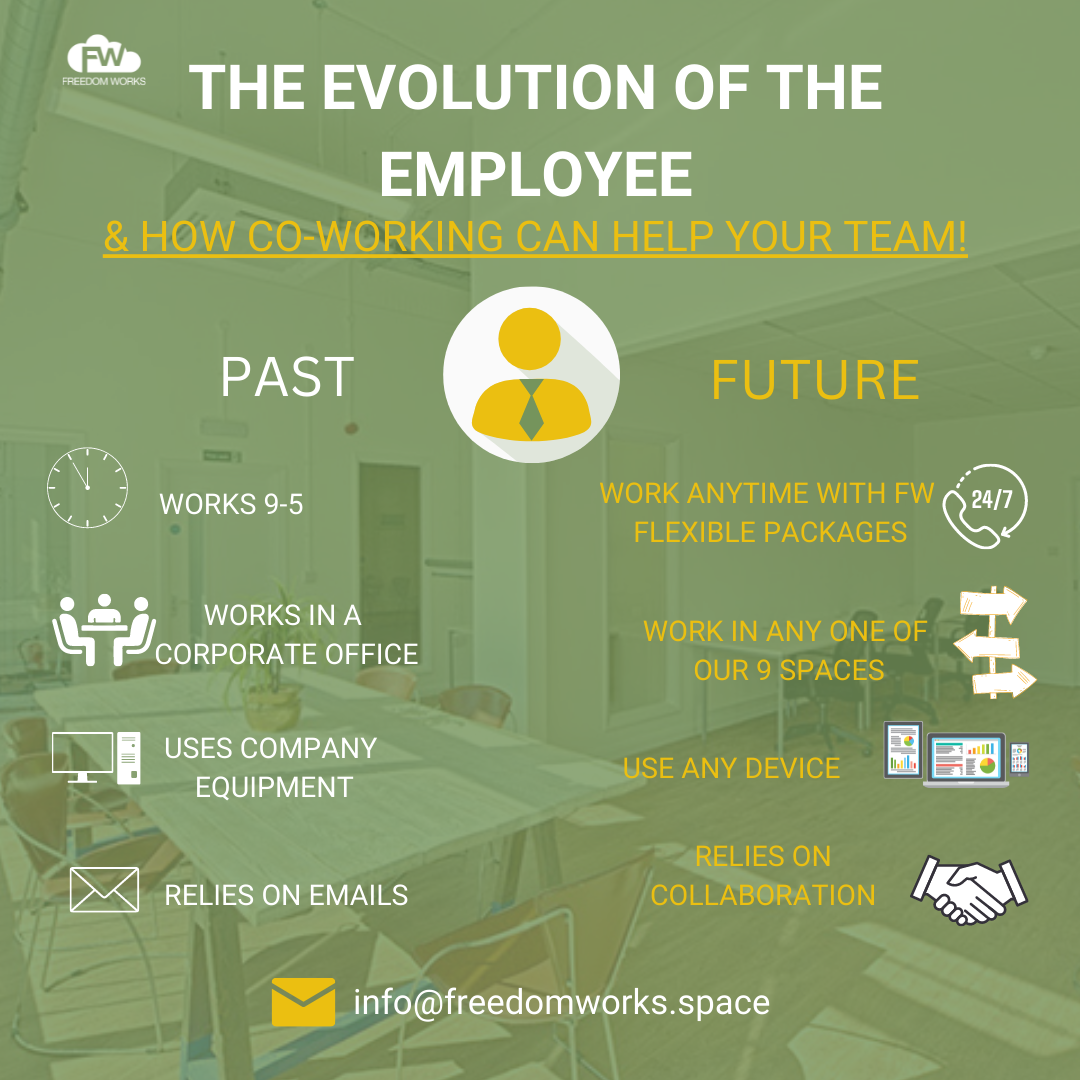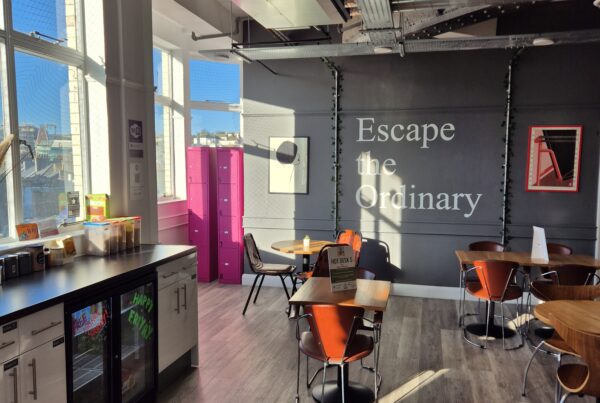Evolution of the employee…
Although there is a sizeable contingency of employees that are unhappy at work, most of us have accepted the modern office culture for what it is. We’ve also come to grips with the fact that now employees are charged with finding work and then applying for it, rather than applying and receiving offers from large organisations. Meanwhile, the lower cost of educating workers has led firms to invest more heavily in skill acquisition and reducing HR expenses, or even eliminate them all together.
Companies and jobs are evolving in a way that works best for people who want a more flexible lifestyle as well as those who’re looking for stability amidst waves of change. Especially notorious was the increase in outsourcing over US jobs where globalisation shines brightest. Gone were menial tasks like securing phone systems and corresponding passwords while more senior staffers took contracts on various projects outside their usual employment networks. Job gaps had everything to do with budget cuts but do not to be outdone, they soon realised they needed these skill-sets outside.
Where are we now?
It started with the industrial revolution, where people were employed in factories to produce goods. Then came the information age, where people were employed to work in offices and provide services. Nowadays, we are living in the digital age and people are employed to work remotely or as freelancers.
The evolution of an employee is not just about what they do for a living but also about how they do it. The modern workforce is more flexible than ever before and employees have more freedom to choose their own hours and work from wherever they want.
Some people may see it as a paradox or an irony. But the paradox can be true to the spirit of modern work in today’s interconnected, collaborative, intellectual and technology driven world.
This is not an artefact of society or what awaits us in the future driven by artificial intelligence and automation. Like genetic modifications, the evolution of humans will progress entirely from people’s own choices. The individual’s life may be vastly more flexible from one day to another based on their contributions to society towards different tasks and interactions with other members of our global village as work is removed from traditional monetary production structures. It would not be unusual for people to drastically shift careers, skillsets and even geography simply by changing their interests and life goals at any point in time.
Hiring – whats changed?
Nowadays, we can see that the way companies are hiring employees is changing. And the changes are driven by this first work revolution: AI.
As per a PwC report, 77% of people visualise that the future of their industries will include developing technologies intelligent technologies in 2020, and 45% mentioned Artificial Intelligence (AI) as a tech trend that will have the greatest potential disruption to business geographic coverage, product lines and revenue streams in coming years.
Industries across all sectors have announced plans to implement virtual assistants into their workflow by 2023. This programmable workforce helped employees do more focused and quick work.
We see that AI is becoming an integral part of the recruiting process with algorithms managing job applications. Jobseekers send their data in and an AI system collects it when candidates have criteria matching those he or she has set up to report back results periodically via email or text message narrowing down choices with advanced artificial intelligence-based grading systems like using psych.
What are your thoughts? Let us know in the comments!





